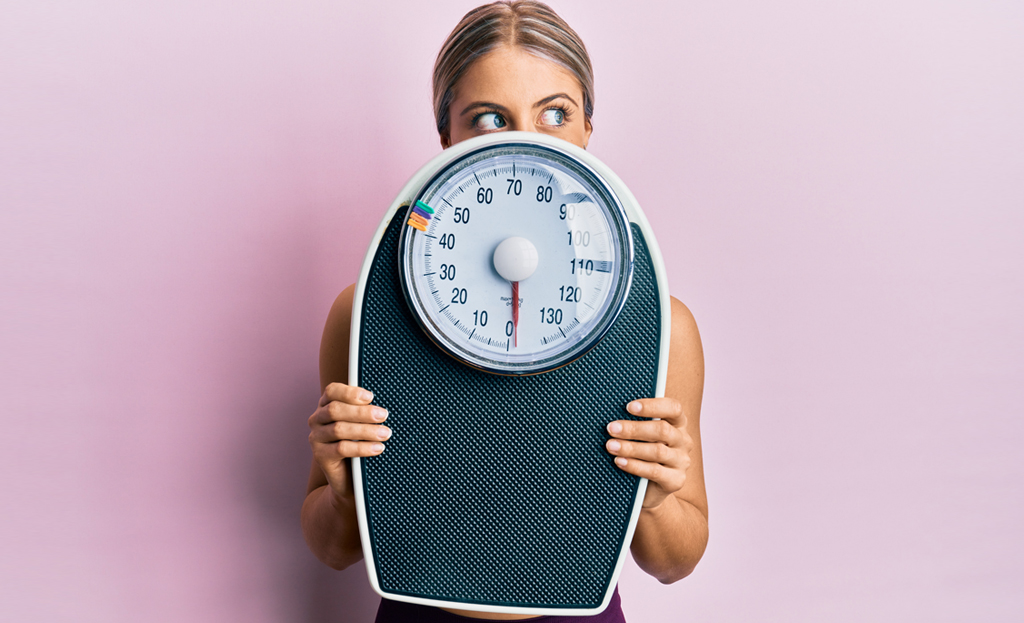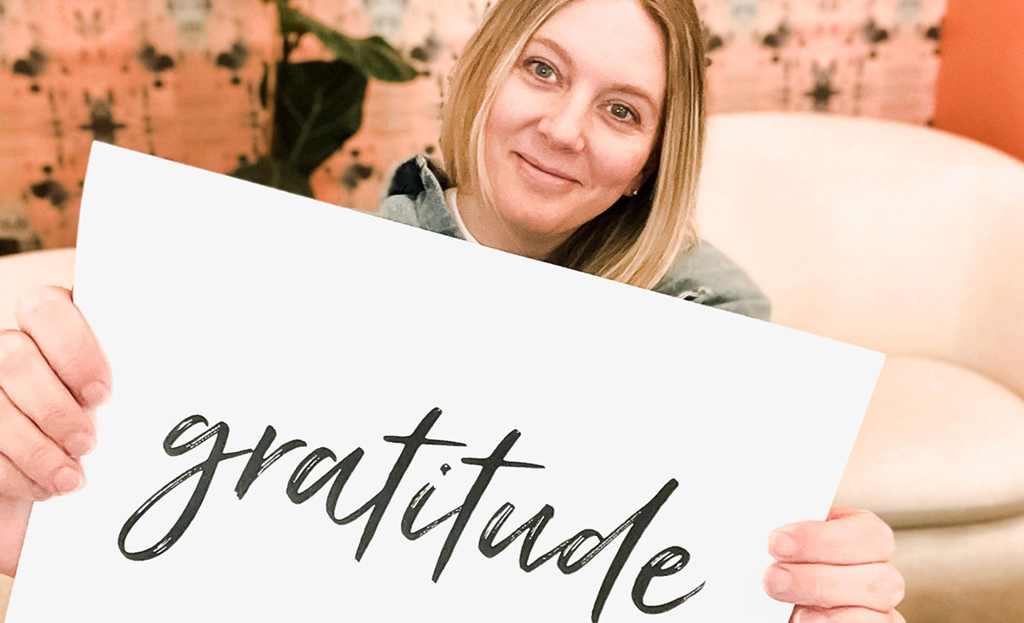
I love nettle tea! If we’ve chatted in the spa about allergies or reducing inflammation, chances are, I’ve given you my recipe. I talk about the benefits so much I feel like I should own a nettle farm at this point.
What are Nettles?
Stinging Nettles (Urtica Dioica) is a perennial flowering plant found all over the world. Its origins are from the colder regions of Europe and Asia. The plant looks a lot like a tall weed and is best known for the stinging reaction that occurs when the skin comes into contact with its fine stinging hairs. So, don’t go touching it!

What Are Nettles Good For?
Nettles have been used for thousands of years and have several health benefits such as allergy relief, but clinical studies are limited. A 2013 review of studies and a 2017 study noted “positive effects” of using nettles as a supplement for allergies but stated more research needs to be done. While I’m not a medical doctor and I have no clinical studies under my belt, I can say from personal use that I’m a much happier person in the Spring when I consume my nettle tea or take my nettle capsules. Within minutes of consumption, I have relief from itchy eyes, sneezing, and a runny nose.
Nettles have skin benefits too! They are full of antioxidants and skin-feeding nutrients. Vitamins A, C, K, and several B vitamins make up the mix boosting skin radiance, giving your complexion a fresh glow. Its anti-inflammatory make-up can soothe inflamed skin and calm irritation reducing redness, dermatitis, eczema, psoriasis, acne, and rashes.
Are Nettle Supplements Safe?
Yes, but always speak with a qualified healthcare professional before adding herbal teas or supplements to your routine. Nettle tea may cause interactions with certain medications, including blood thinners, diabetes medications, diuretics, and blood sugar medications.
How I Incorporate Nettles Into My Routine
I make a pitcher of nettle-infused water to drink throughout the day. I like to start my morning off with a glass of infused nettle water. Then during the day, if my throat, nose, or ears begin to feel itchy, I take a swig. I typically end the night with nettle water and a bowl of popcorn (which also has excellent skin benefits).
The nettle tea infusion is simple to make, and if you love flavors, you can incorporate other teas into your infusion (like Mango Black Tea in the photo). Every night, I simply take a glass pitcher and toss in a handful of nettle tea, fill the pitcher to the top, and stick it in the fridge. I use loose leaf tea and simply strain my mixture as I poor each glass (but feel free to use pods, so you don’t need to strain). I like my tea to turn a vibrant green. Because dosing is truly specific to your needs, it can be a challenge to say just how much will work for you. Begin with a couple of tablespoons and work your way up.
I pick up my loose-leaf nettles at our local PCC, where you can find them in the bulk spice section. But they are also available from a reputable company on Amazon. If you prefer to try capsules, I would recommend swinging by your local natural pharmacy or making an appointment with a Naturopathic Doctor to ensure it is a great fit and discuss dosing.
I hope my allergy tips help!


*As an Amazon Associate, I earn from qualifying purchases.























